In today’s fast-paced digital world, cloud migration has become a game-changer for businesses aiming to stay ahead of the competition. Moving your data, applications, and processes to the cloud isn’t just about keeping up with technology trends it’s about unlocking new levels of efficiency, scalability, and security. Whether you’re a startup or an established enterprise, embracing cloud migration can help you streamline operations, reduce costs, and foster innovation.
Why Cloud Migration Matters
The shift to cloud-based infrastructure is more than a technical upgrade; it’s a strategic move that can redefine how your business operates. Traditional on-premises systems often come with limitations high maintenance costs, limited scalability, and vulnerability to outages or data loss. Cloud migration addresses these challenges by offering a flexible, reliable, and cost-effective alternative.
With cloud migration, your business can access resources and applications from anywhere, at any time. This flexibility is especially valuable in today’s remote and hybrid work environments, where teams need to collaborate seamlessly across different locations. The cloud also enables real-time data sharing and communication, making it easier to respond quickly to market changes and customer needs.
Key Benefits of Cloud Migration
One of the most significant advantages of cloud migration is the ability to scale resources on demand. No more worrying about server limitations or unexpected traffic spikes. The cloud offers flexibility, allowing businesses to adjust their infrastructure as needs evolve. This means you can easily accommodate growth, launch new products, or expand into new markets without the need for major hardware investments.
Security is another major benefit. Leading cloud providers invest heavily in advanced security measures, including encryption, multi-factor authentication, and continuous monitoring. This helps protect your sensitive data from cyber threats and ensures compliance with industry regulations. Additionally, cloud platforms offer robust disaster recovery options, so your business can quickly recover from unexpected events like hardware failures or cyberattacks.
Cost savings are also a compelling reason to migrate to the cloud. By moving away from expensive on-premises hardware and only paying for the resources you use, you can optimize your IT budget and allocate funds to other strategic initiatives. Automatic updates and maintenance handled by the cloud provider further reduce the burden on your internal IT team.
The Role of Cloud Computing Consulting Services
When considering a move to the cloud, it’s essential to have a clear strategy. This is where cloud computing consulting services come into play. Expert consultants assess your current IT landscape, identify the best migration path, and ensure a smooth transition with minimal disruption. They help you choose the right cloud model—public, private, or hybrid—based on your unique requirements. With their guidance, you can avoid common pitfalls and maximize the benefits of your cloud investment.
Cloud computing consulting services typically begin with a thorough assessment of your existing infrastructure. Consultants work closely with your team to understand your business goals, technical requirements, and potential challenges. They then develop a customized migration plan that outlines the steps, timelines, and resources needed for a successful transition.
During the migration process, consultants manage data transfer, application reconfiguration, and system integration to ensure everything works seamlessly in the new environment. They also provide training and support to help your team adapt to new tools and workflows. Post-migration, consultants continue to monitor performance, address any issues, and recommend optimizations to keep your cloud environment running smoothly.
Features of a Successful Cloud Migration
A well-executed cloud migration involves several key features:
Comprehensive Planning: Detailed roadmaps and risk assessments help anticipate challenges and minimize downtime.
Data Integrity Checks: Ensuring that all data is accurately transferred and remains secure throughout the process.
Seamless Integration: Connecting cloud-based systems with existing applications for uninterrupted business operations.
Scalability: The ability to quickly scale resources up or down as business needs change.
Enhanced Collaboration: Cloud-based tools enable teams to work together efficiently, regardless of location.
Disaster Recovery: Built-in backup and recovery options protect your business from data loss.
Automatic Updates: Regular updates and security patches are managed by the cloud provider, reducing the workload on your IT staff.
Real-World Impact
Businesses that have embraced cloud migration report significant improvements in productivity, agility, and customer satisfaction. For example, companies can launch new digital services faster, respond to customer inquiries in real time, and make data-driven decisions with greater confidence. The cloud also opens the door to advanced technologies like artificial intelligence, machine learning, and big data analytics, which can drive further innovation and growth.
Conclusion
Ready to take your business to the next level? TechAhead specializes in guiding organizations through every step of the cloud migration journey. Our team ensures a hassle-free transition, so you can focus on what matters most growing your business. With our expertise in cloud migration and cloud computing consulting services, we help you unlock the full potential of the cloud while minimizing risks and maximizing returns.
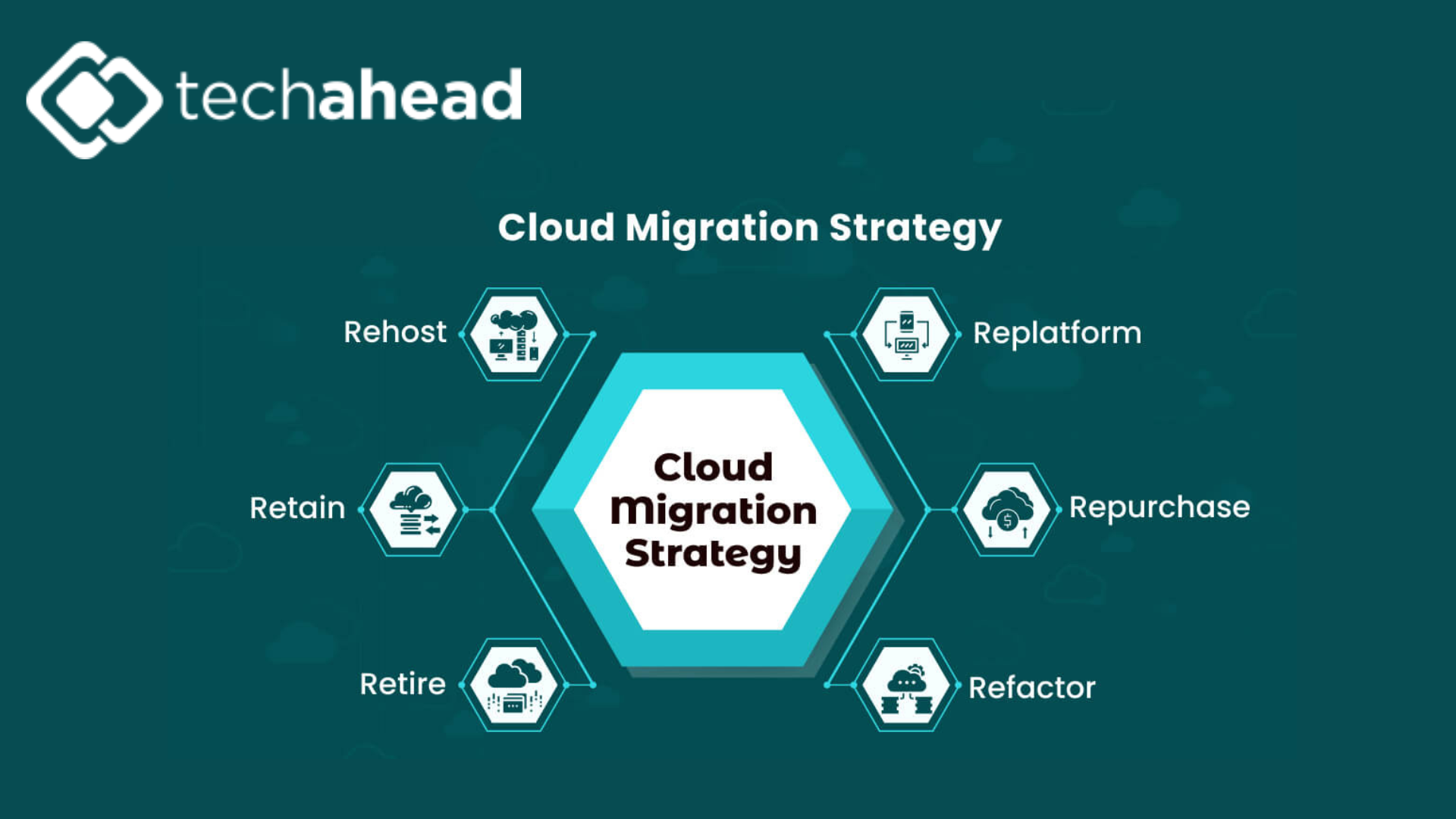
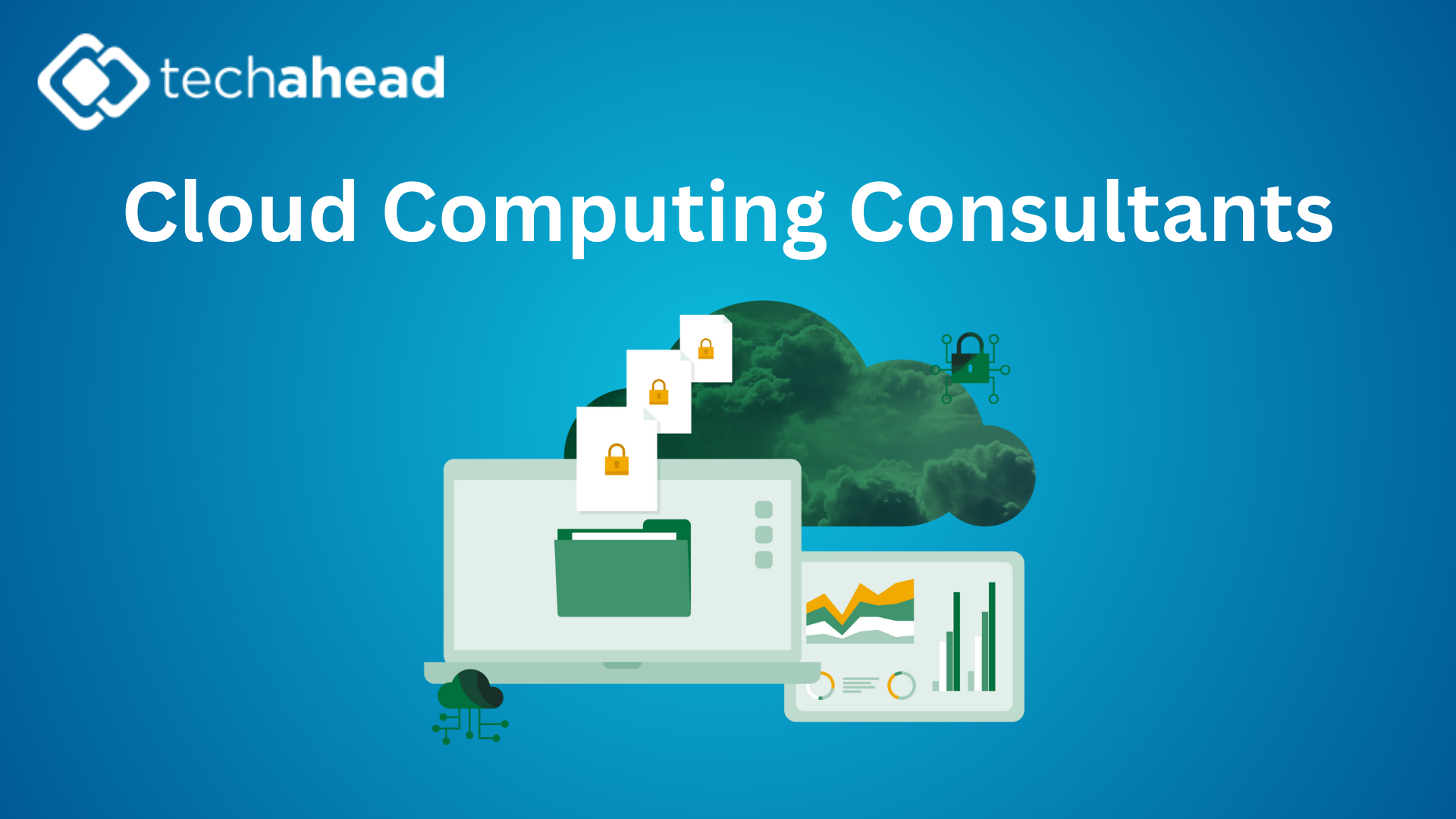

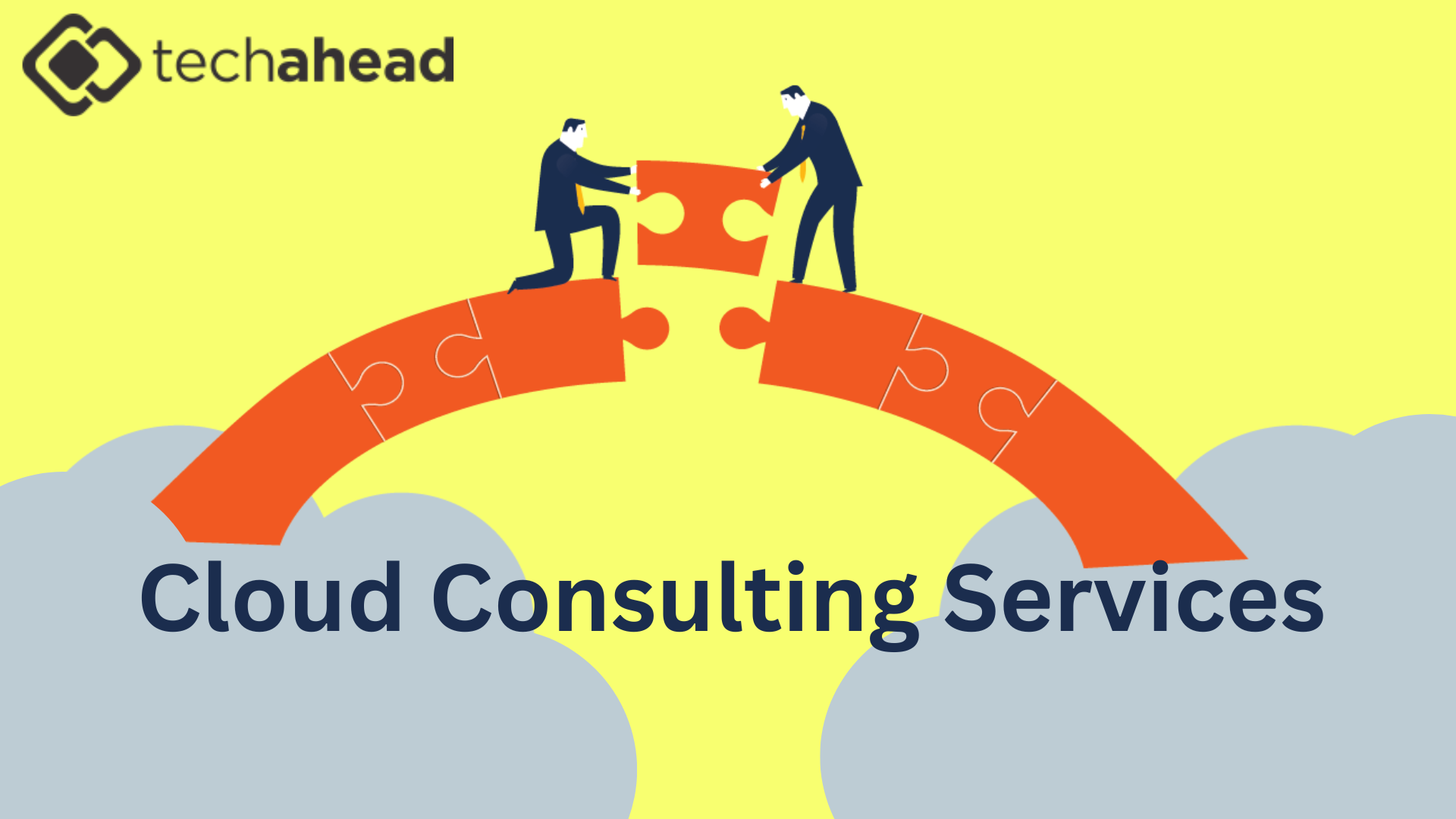
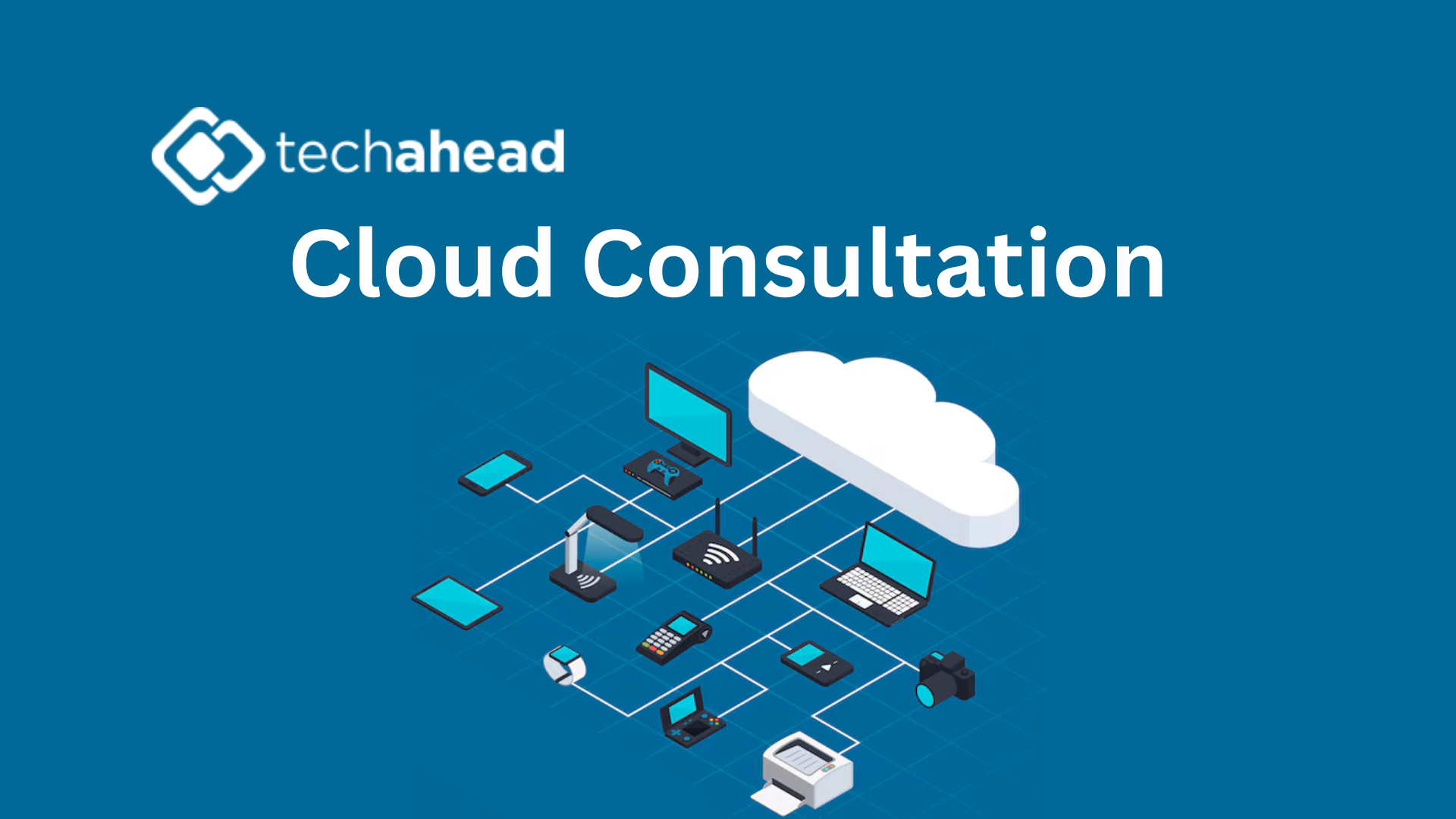
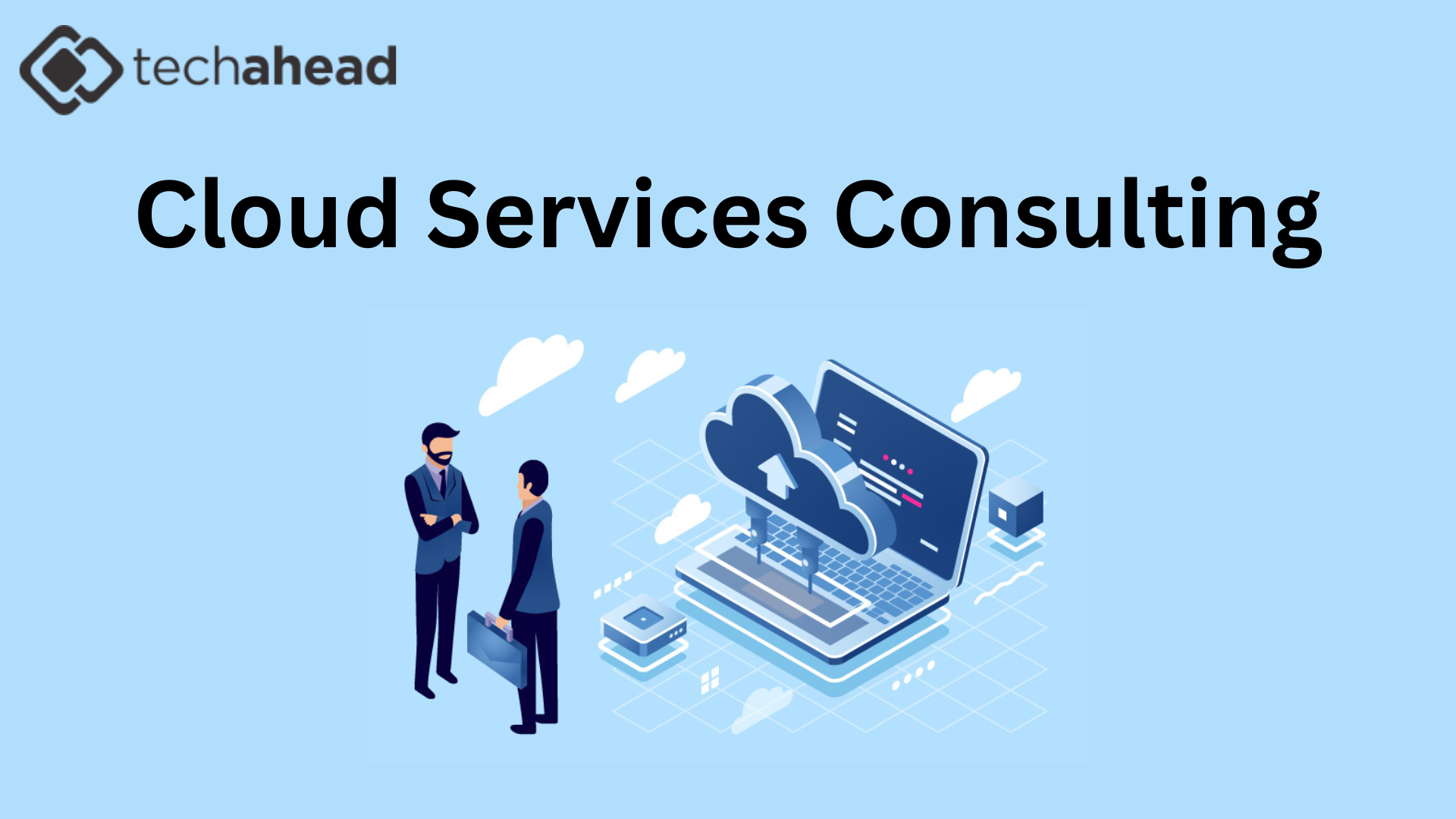
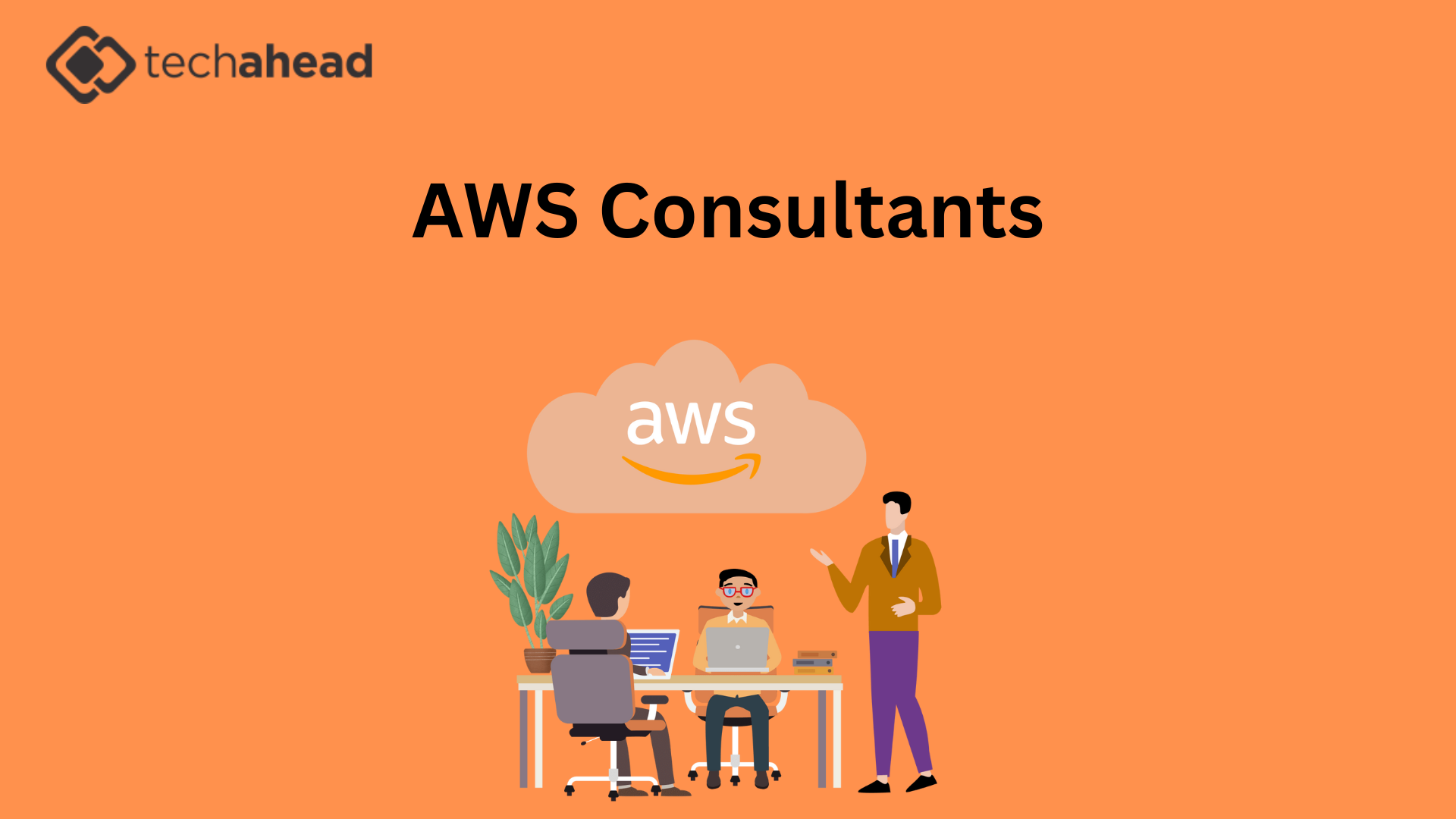
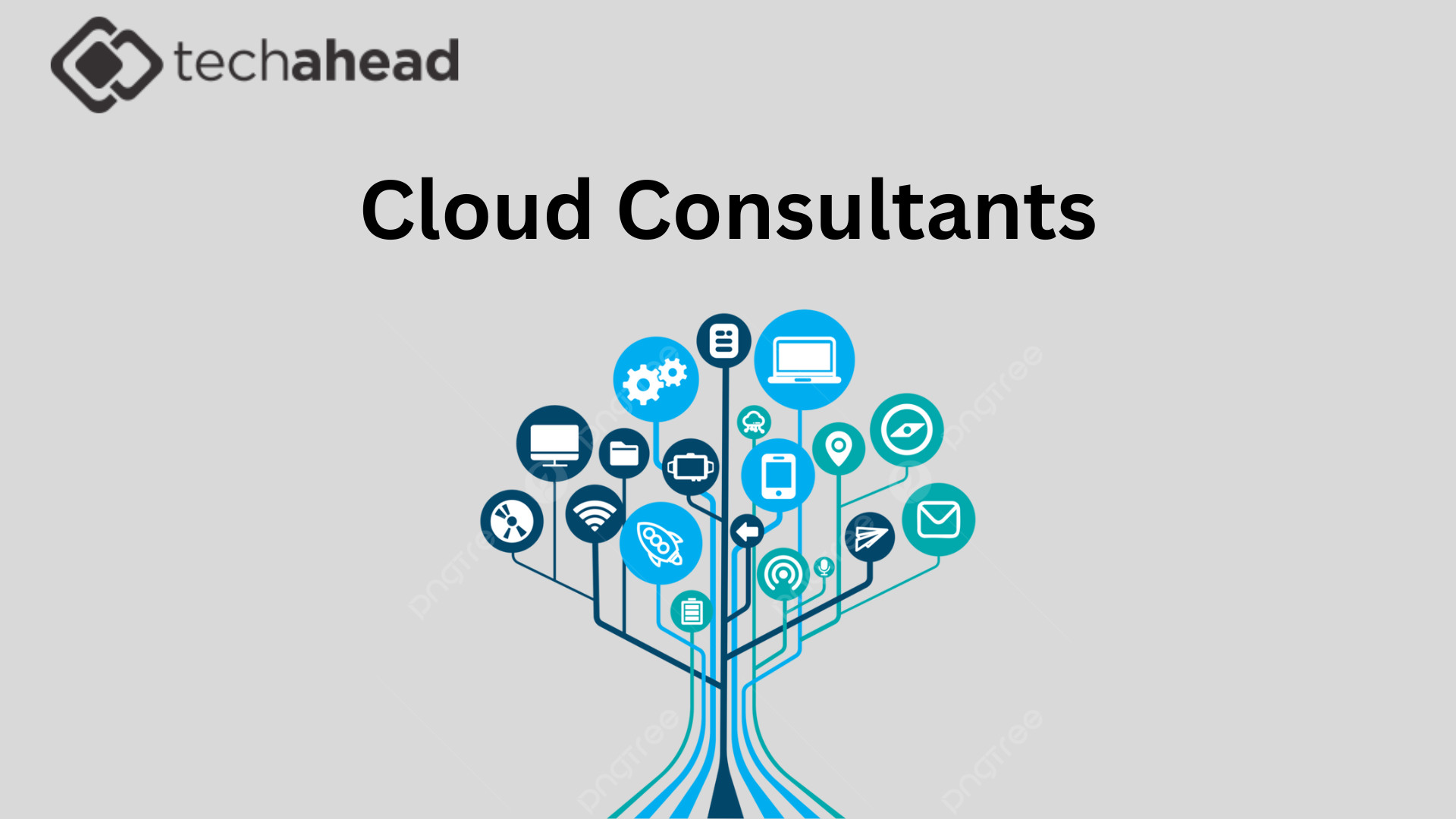
The practical strategies outlined in 'Unlocking Business Growth with Seamless Cloud Migration' provide a roadmap for effortlessly transitioning to cloud-based systems, enhancing efficiency and fostering scalable growth. A must read.
Unlocking Business Growth with Seamless Cloud Migration sets a new benchmark for modernizing businesses by streamlining the transition to cloud platforms effortlessly, unlocking unprecedented productivity and enabling organizations like never before.
Seamless Cloud Migration unlocks new horizons for business growth, providing a foundation of scalability and agility that propels companies into the future with ease.
Migrating to the cloud smoothly has unlocked a remarkable growth horizon for our business, enabling us to scale up operations with agility and efficiency. 'Unlocking Business Growth With Seamless Cloud Migration' truly embodies how seamlessness can turn potential into prosperous realities.
Seamless Cloud Migration: A Key to Unlocking Business Growth and Future-proofing Operations.
'Unlocking Business Growth with Seamless Cloud Migration' highlights the crucial role of a flawlessly executed cloud transition in propelling companies to new heights, enhancing scalability and fostering rapid growth while optimizing cost-efficiency.
Unlocking Business Growth with Seamless Cloud Migration: This guide provides a roadmap to effortlessly transition businesses into the cloud, unlocking new opportunities for scalability and efficiency.





![Isothermal Bags Containers Market [2028]: Top Trends, Size, and Competitive Intelligence - TechSci Research](https://antiochtenn.com/zb_users/upload/2025/07/20250719012446175285948669203.jpg)








